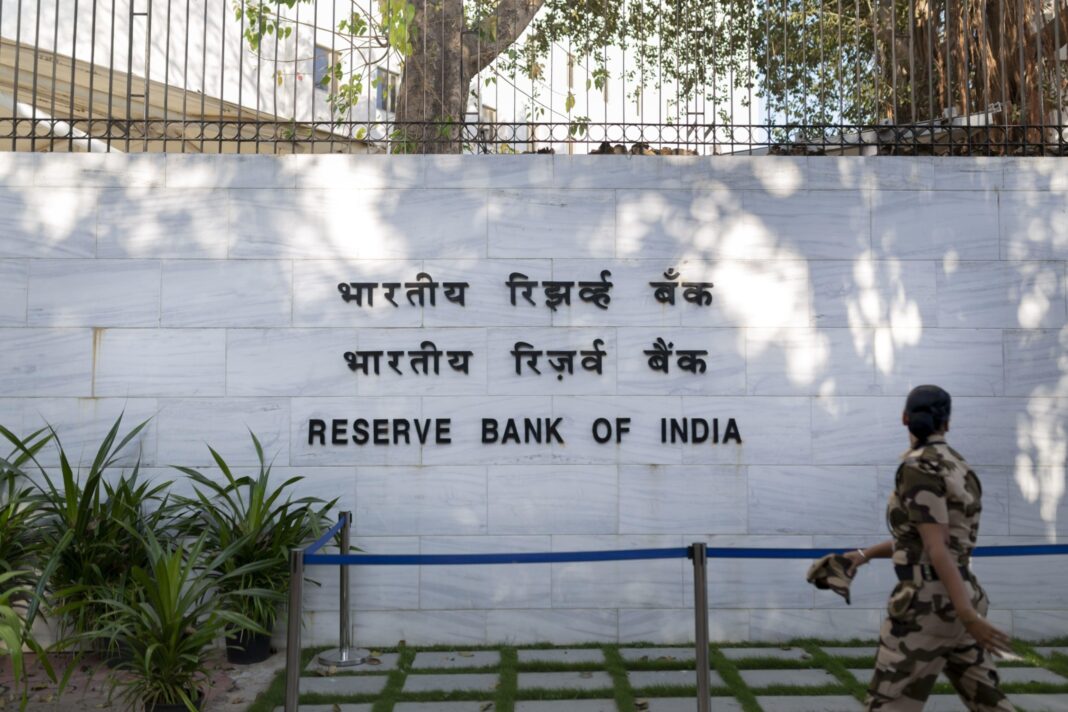[ad_1]
“Banks led by State Bank of India (SBI) are keen to put out their views to the apex court as to why a personal hearing in all these cases is not practical, but the RBI does not want to drag on the case in the Supreme Court and is preparing a new updated notification clarifying all the points raised in the court,” a person aware of the matter was quoted as saying in the ET report.
The RBI will come up with a new notification in a few weeks. The norms will standardise the process of declaring a fraudulent account and will align with the wilful defaulter norms. The central bank had come up with a circular in 2015 on wilful default. It stated that the power to declare any account as a “wilful defaulter” lies entirely in the hands of the bank.
The apex court upheld a judgement passed by the Telangana High Court in December 2020 stating that the principles of “audi alteram partem” must be applied before declaring a party as “a fraudulent borrower” or “a holder of fraudulent account”.
“Declaration of fraud entails penal and civil consequences, amounts to blacklisting from accessing institutional finance…Bank order must show reasons behind the declaration of fraud, reasons will keep banks from exercising powers arbitrarily,” the court said.
Banks, however, reportedly want a middle path which will not hamper the recovery process while incorporating SC’s observations.
SBI, represented by solicitor general Tushar Mehta, also sought clarifications from the court after the order. “SBI has made some points on behalf of banks like why the full forensic audit report of the borrower should not be shared because it could give crooked borrowers an escape route,” an official told ET.
[ad_2]
Source link



